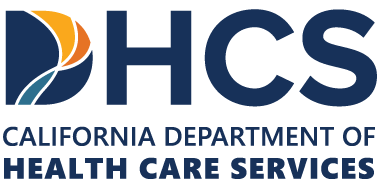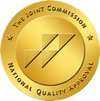A counseling program for adults is a series of sessions where you talk with a therapist about what’s going on in your life. The goal is to help you understand yourself better, figure out how to deal with your problems, and learn new skills to help you feel better. It is a way to find full growth and meet your full potential.
Counseling can be really helpful for adults who are going through tough times. There are lots of different reasons why someone might consider counseling. For example, if you’re feeling sad, anxious, or just not like yourself lately, counseling can help you figure out why and how to feel better.
At your first meeting with the therapist, you’ll talk about what you want to get out of the program. Together, we come up with a plan for what we will work on and how often we will meet.
Overall, a counseling program is a way to get help and support when you’re struggling with something. These may be symptoms of mental health disorders, improving relationships, developing coping skills, or enhancing your personal growth. At Redwood Counseling, our team is ready to help you find your path through the woods.

